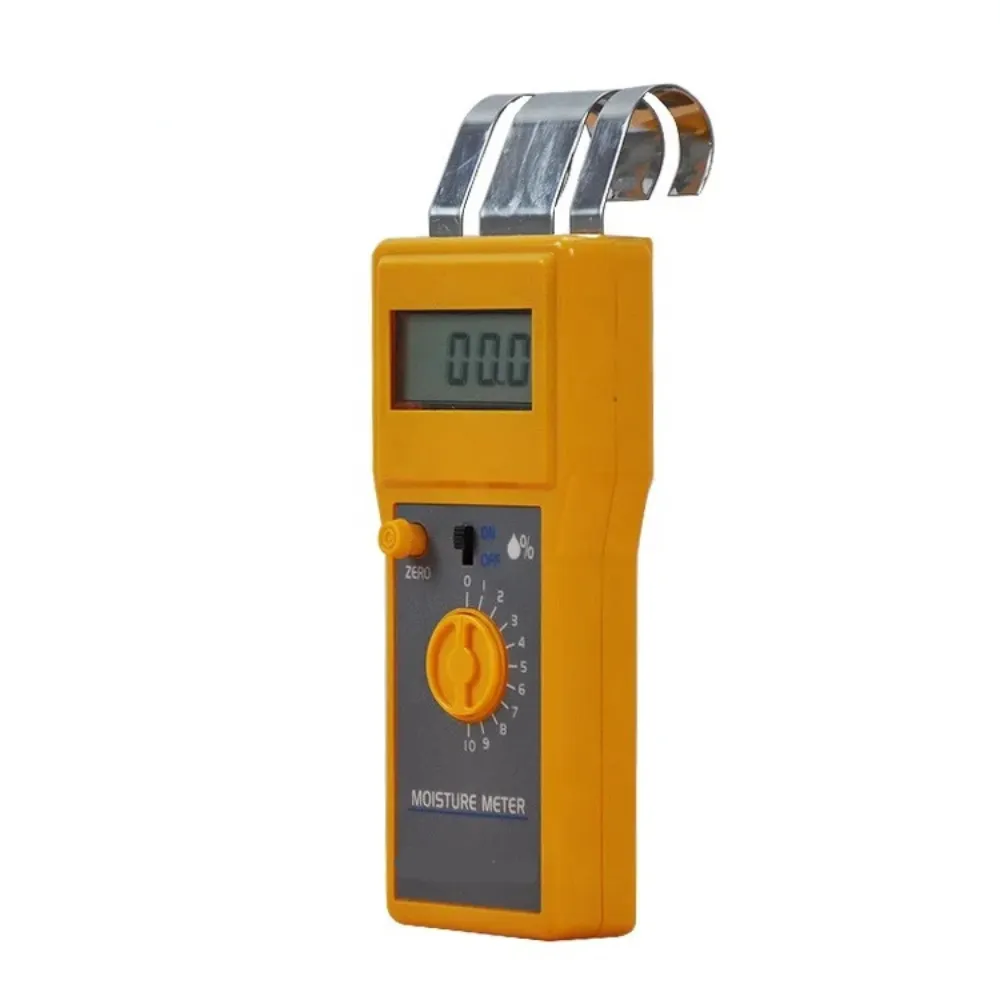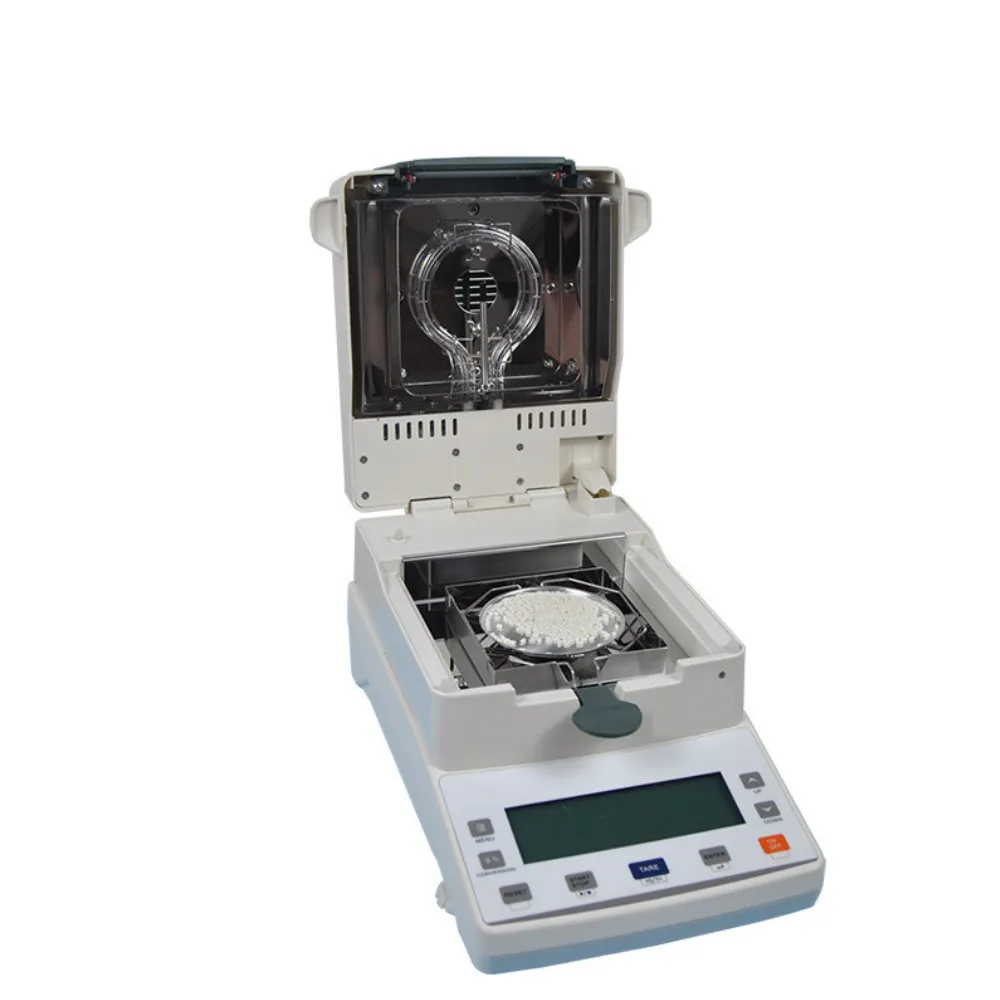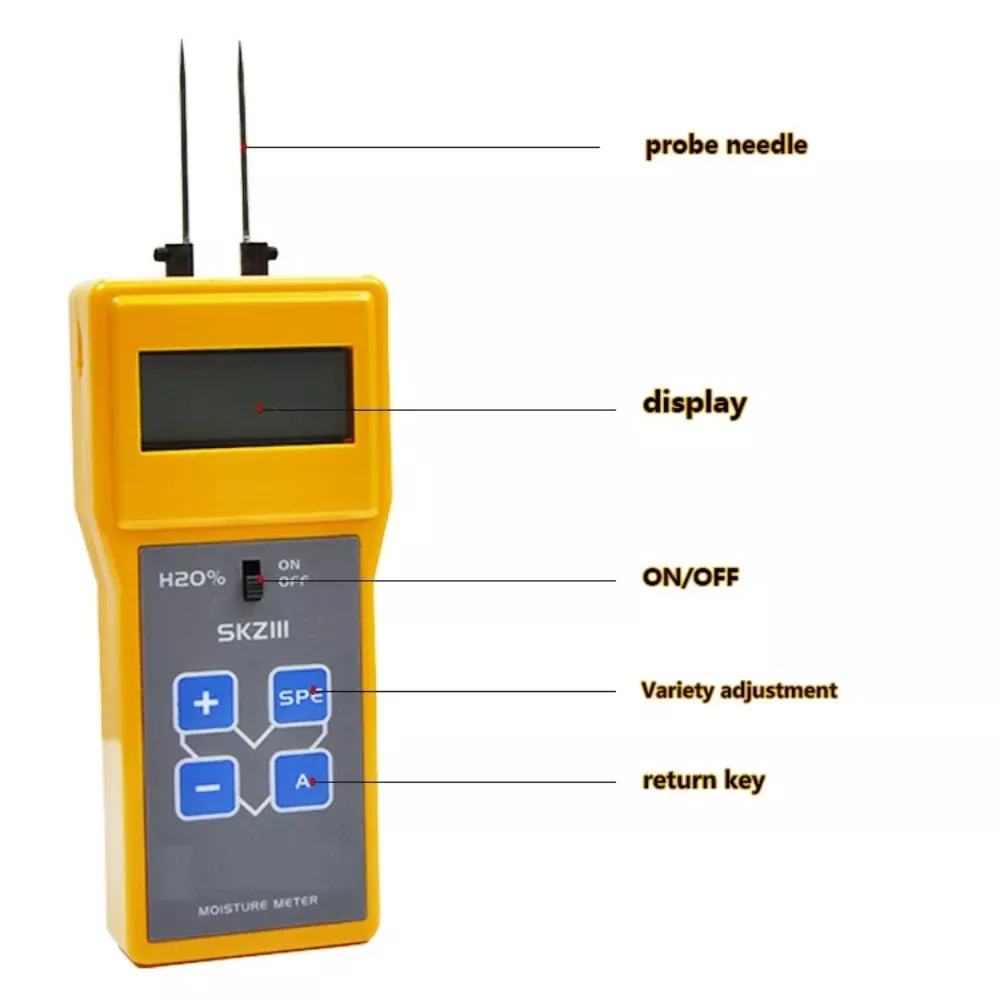
Case Studies: How Food Moisture Meters Have Improved Food Quality and Safety
Table of Contents
The Impact of Food Moisture Meters on Industry Standards
Food moisture meters have become an essential tool in the food industry, playing a crucial role in ensuring food quality and safety. These devices measure the moisture content in food products, which is a critical factor in determining their freshness, taste, and overall quality. In this article, we will explore how Food moisture meters have improved food quality and safety through various case studies.
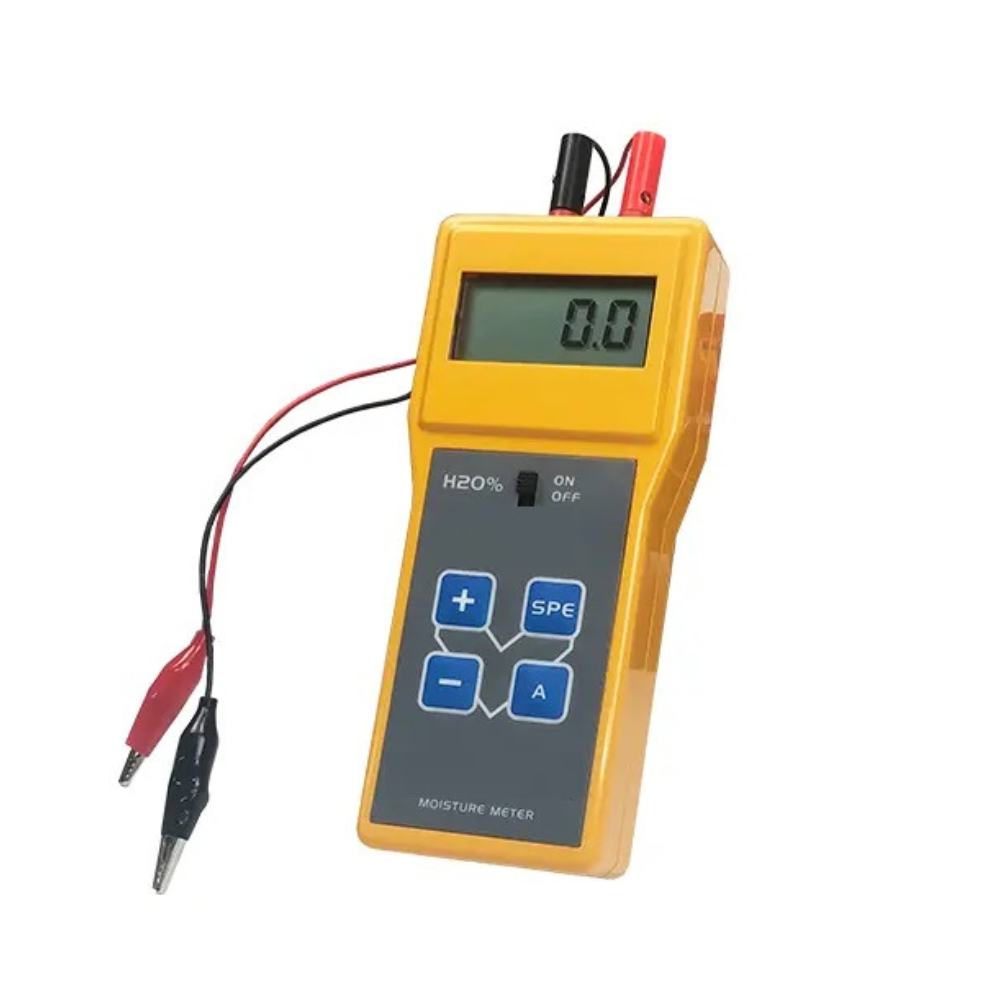
Case Study 1: Maintaining Consistency in Bakery Products
One of the most significant benefits of using Food moisture meters is their ability to help maintain consistent food quality. For instance, a bakery that produces a wide range of bread products needs to ensure that each loaf has the same moisture content to guarantee uniform taste and texture. By using a food moisture meter, the bakery can accurately measure the moisture content of each loaf and make necessary adjustments to the baking process. This not only ensures that customers receive a consistent product but also helps the bakery maintain its reputation for high-quality products.
Case Study 2: Optimizing Dried Fruit Production
Another example of how Food moisture meters have improved food quality is in the production of dried fruits. Dried fruits are popular snacks that require precise moisture control to prevent spoilage and maintain their nutritional value. By using a food moisture meter, manufacturers can accurately measure the moisture content of the fruits and adjust the drying process accordingly. This ensures that the dried fruits have the right balance of moisture and nutrients, resulting in a high-quality product that is safe for consumption.
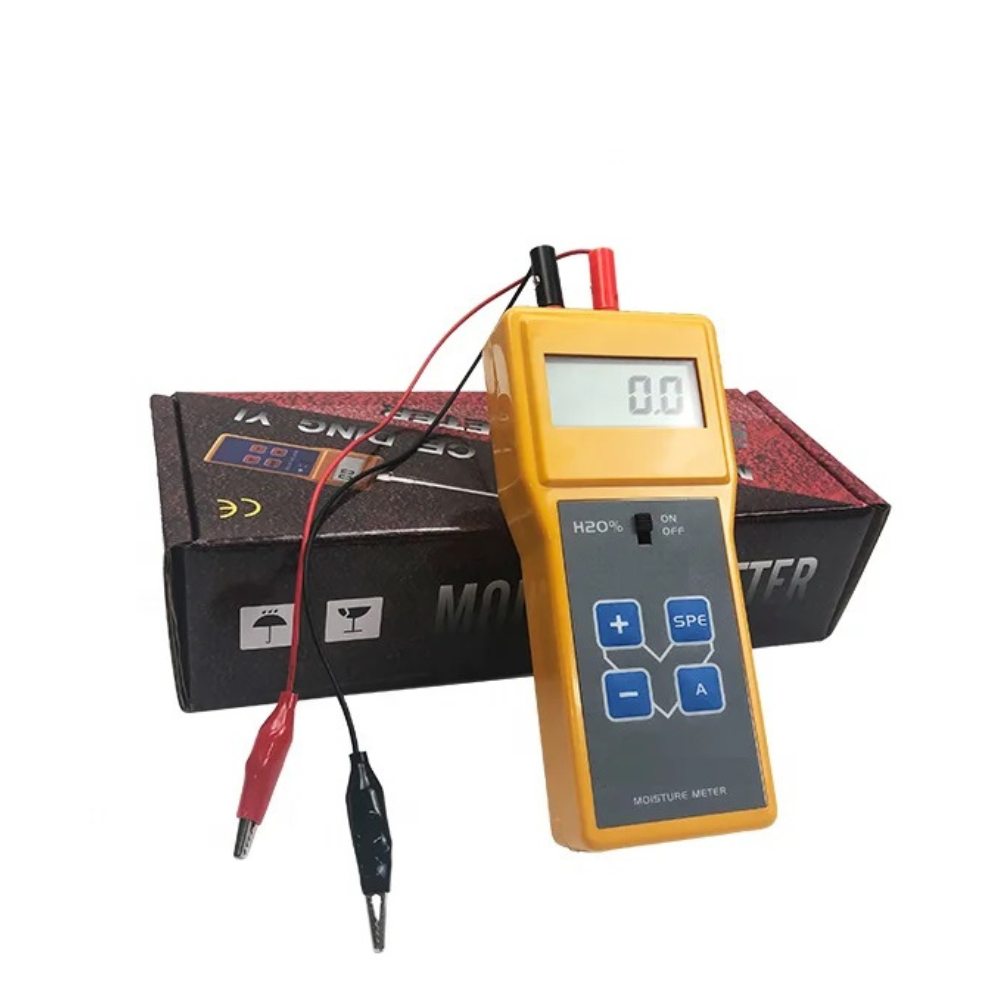
Case Study 3: Ensuring Safety in Meat Processing
Food moisture meters have also played a vital role in ensuring food safety. For example, in the meat industry, it is essential to maintain the correct moisture content to prevent the growth of harmful bacteria. By using a food moisture meter, meat processors can accurately measure the moisture content of their products and adjust the processing conditions to ensure that the meat is safe for consumption. This not only helps prevent foodborne illnesses but also helps maintain the reputation of the meat industry for producing safe and high-quality products.
Case Study 4: Preserving Quality in Seafood Processing
In the seafood industry, Food moisture meters have been instrumental in ensuring that seafood products are safe for consumption. Seafood is highly perishable and requires precise moisture control to prevent spoilage and maintain its freshness. By using a food moisture meter, seafood processors can accurately measure the moisture content of their products and adjust the processing conditions to ensure that the seafood is safe and of high quality. This not only helps maintain the reputation of the seafood industry for producing safe and high-quality products but also helps prevent foodborne illnesses.
Conclusion: The Ongoing Importance of Food Moisture Meters
In conclusion, Food moisture meters have significantly improved food quality and safety in various industries. By accurately measuring the moisture content of food products, these devices help maintain consistent quality, prevent spoilage, and ensure that food products are safe for consumption. As the food industry continues to evolve, Food moisture meters will play an increasingly important role in ensuring that consumers receive high-quality, safe, and delicious food products.
Comments
Tags
Frequently Asked Question
In dairy processing, moisture meters help control moisture in products like cheese and powdered milk, preventing bacterial growth and ensuring consistent quality.
Yes, by providing accurate moisture readings, these meters help optimize processing and storage conditions, reducing spoilage and extending shelf life.
While generally versatile, some highly processed or complex food products may require specialized moisture measurement techniques.
These meters help food producers consistently meet moisture content requirements specified in various international food safety standards and regulations.

